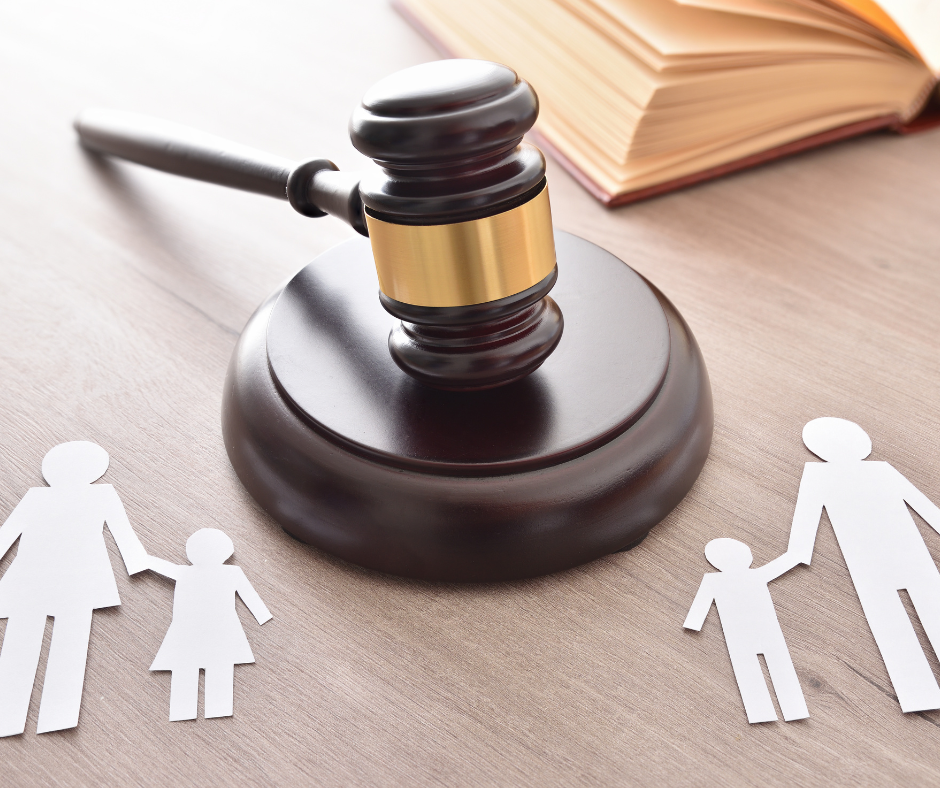Divorce is never just a legal separation between two adults—it’s a seismic emotional shift that ripples through the hearts and lives of children. In homes where love once lived, silence, confusion, and uncertainty often take its place. Yet society continues to treat divorce as a private matter between adults, overlooking the long-term emotional toll it places on the most vulnerable members of the family: the children.
Today, we are not merely discussing a topic. We are raising a flag. This is a wake-up call for parents, educators, leaders, and community builders everywhere. The emotional, psychological, academic, and even physical effects of divorce on children cannot and should not be ignored.
The Emotional Earthquake: When Children’s Foundations Are Shaken
The first and often most damaging effect of divorce is emotional turmoil. Children look up to their parents as the cornerstones of stability and love. When these cornerstones crumble, the entire world around a child can feel like it’s collapsing.
They begin to question everything:
-
Was it my fault?
-
Will I ever feel safe again?
-
Can I trust people to stay?
This emotional chaos is not just short-term. Many children carry the scars of divorce for years—sometimes for life. It affects their ability to trust, to love, and to feel secure in relationships.
Academic Decline and Cognitive Distraction
Research has consistently shown that children of divorced parents often experience a decline in academic performance. Why? Because when your emotional world is on fire, it’s nearly impossible to focus on math homework.
Concentration drops. Motivation fades. Self-worth diminishes. These children may stop participating in class, withdraw from school activities, or even act out as a cry for attention and understanding.
Left unaddressed, the impact can derail future educational and professional potential—not because they lack intelligence, but because they lack emotional grounding.
Social Struggles and Relationship Anxiety
Divorce introduces children to the painful reality of broken trust. They may become isolated, detached, or hyper-sensitive in friendships and future relationships. They develop an inner fear that all good things will eventually fall apart.
Some children become overly clingy, terrified of abandonment. Others build walls so high around their hearts that no one can get close. In both cases, their ability to form healthy, secure bonds is compromised.
Behavioral Changes That Should Alarm Every Adult
Children of divorced parents may exhibit a wide range of behavioral changes:
-
Increased aggression
-
Rebellion against authority
-
Risk-taking behaviors
-
Withdrawal from family or social events
These behaviors are often misread as disobedience or defiance, but they are actually symptoms of deeper emotional wounds.
If these signs are not identified early, they may evolve into more dangerous issues such as substance abuse, criminal activity, or chronic depression. We must be proactive, not reactive.
The Role of Parents: Divorce Doesn’t End Parenthood
It is crucial to understand that while marriages may end, parenthood does not.
What children need more than ever during and after a divorce is consistent love, communication, and reassurance from both parents.
-
Talk to your children, honestly and age-appropriately.
-
Reassure them that they are not to blame.
-
Maintain routines that provide structure and predictability.
-
Show up. Stay involved. Never make them choose between love and loyalty.
The most damaging aspect of divorce is not the divorce itself—it’s how the parents handle it.
Let’s Not Wait for Damage—Let’s Prevent It
This is not just a family issue. This is a community issue, a societal issue, a human issue.
If we want to raise emotionally resilient, confident, and compassionate future leaders, we must protect their emotional wellbeing during the most turbulent times of their lives.
This requires:
-
Schools implementing support systems for children of divorced families
-
Community centers offering counseling and safe spaces
-
Religious and cultural leaders acknowledging the emotional cost of divorce on children
-
Parents educating themselves on co-parenting strategies that prioritize the child’s mental health over personal grievances
Take Action: Start the Conversation, Provide the Support
We can no longer afford to look away. Every time a child suffers silently because of divorce, we all lose.
Let’s choose empathy. Let’s choose action. Let’s choose to protect our children’s futures—starting now.
-
If you are a parent considering divorce, ask yourself: How can I minimize the impact on my child?
-
If you are a teacher, look for the silent struggles behind the lowered grades and sudden outbursts.
-
If you are a policymaker, fund mental health programs for youth affected by family separation.
-
If you are a community leader, break the silence. Speak openly. Offer support. Be the bridge.
The Final Word: Childhood Cannot Be Rewound
Divorce may be a chapter in a family’s story, but for a child, it can be the chapter that defines everything.
Let’s not let it be a story of brokenness. Let’s make it a story of resilience, support, and healing.
Because childhood is fragile. Because futures are built on it. Because our children deserve better.
Act now. Speak now. Support now.
Dr. Bilal Ahmad Bhat, Founder of Voice Of Widows,






